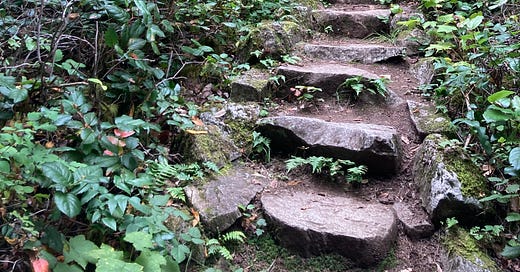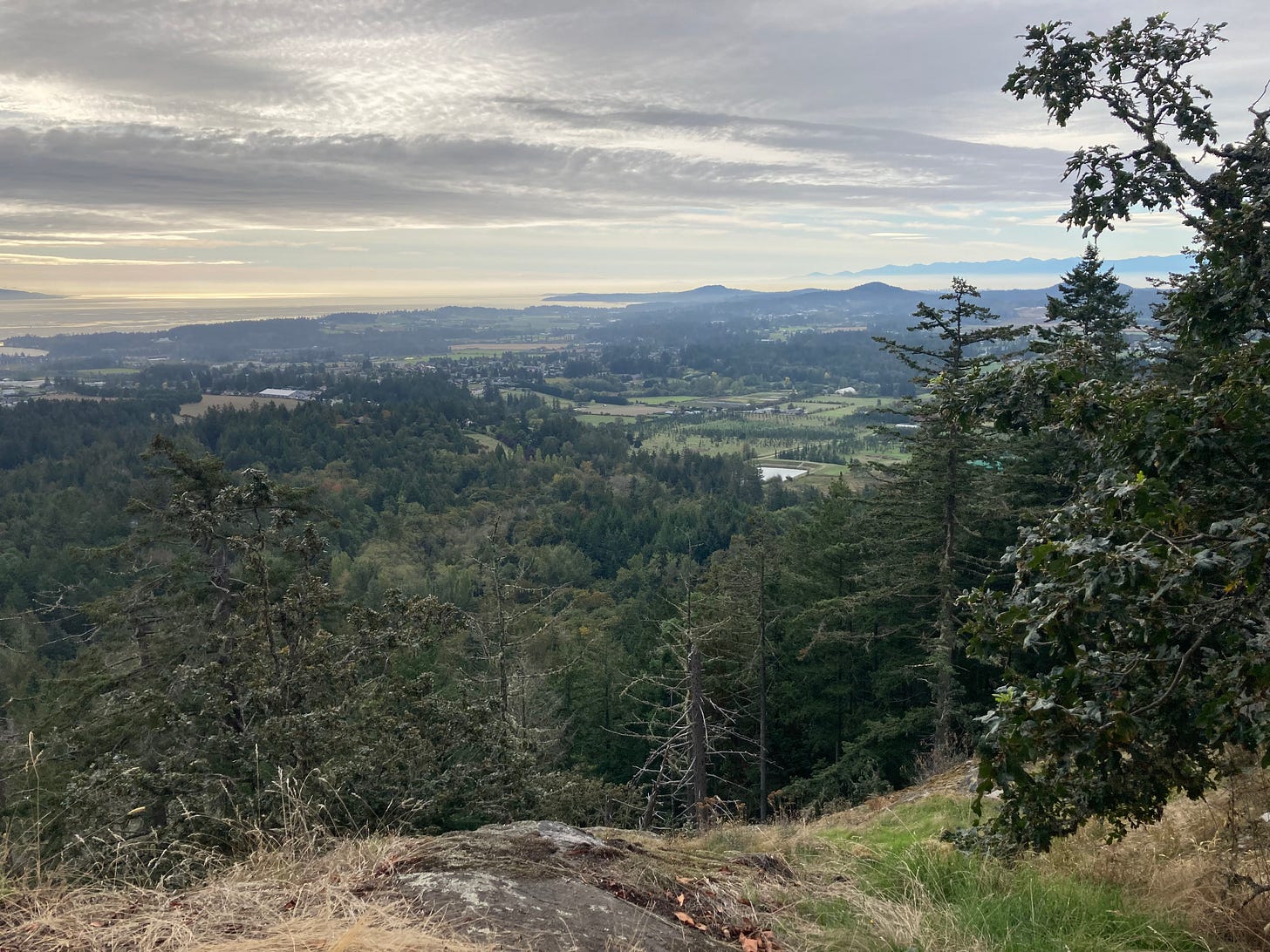We’ve all been there. Staring at the computer screen, cursor blinking relentlessly like someone tapping their foot, impatient for you to actually get on with it and write something. But every word you force yourself to clickety-clack is dragged out. Your similes feel cliched, your descriptors flat. And god help the dialogue.
This, friends, is when it’s time to put the story down for a while and get out.
My current WIP has me up a mountain these days, deep in threatening wilds that are just as beautiful as they are deadly, but after a summer of fast-paced schedules, moving house, a family case of Covid, and the chaos of getting back into school routines, my momentum died.
By itself, this isn’t cause for alarm. Where other writers can bulldoze their way through a dirty first draft, meeting daily or weekly word count quotas while ignoring their inner editor, I am not one of them. It’s not uncommon for me to write like a fiend for several weeks and rack up thousands of words, and then have to step away for just as long to recharge. But in this particular instance, my sensory bank was empty, and that is a problem.
Drafting out a chapter in which my two main characters have to ascend a mist-wreathed mountainous peak, I realized I couldn’t feel anything that was happening. In trying to describe the setting, the trees were an indistinct mass of generic evergreens and everything else felt flat and muted. I simply couldn’t get there from my writing chair. And so, I put my story on the shelf, and I climbed a mountain.
Suddenly, I was caught in a flood of sensation. The smells of broken pine and shredded cedar bark. The rising squawks of towhees interrupting the rush of wind through yellowing alder leaves. The heady mix of feeling exposed and vulnerable and free standing at the edge of a lookout, with centuries of rock beneath and nothing but open air out front.
This was not an overly tall or wild mountain, nor was it wreathed in mist and eerie creatures, but it gave me a doorway to walk through to find the pulse of my story. And I felt things that I would never have thought of while drafting at my computer. Like how my footsteps had a flat and heavy resonance as I climbed over stone, as though the mountain was swallowing the sound, and how that sound felt softer, deeper, when I walked on the hard-packed earthen paths tangled with tree roots. Or how the sound of my breath sunk into the mosses when the path grew narrow and small between the greened tree trunks, and then expanded into something thin and insignificant as the forest drew back.
Suddenly, I was in my story again. I could see and hear and feel the scenes I’d been trying to write. I understood how my characters would feel in their bodies—calf muscles straining, ears chilled with the cold, palms scraped with rough bark. Their body language came clear, and I understood how that would influence their interactions, and how they’d respond to their environment, and on, and on, and on. By getting out, I’d found my way back in.
So if you’re mid-WIP and feeling stuck, think about how you can get your body into your story. Do you need to spend some time at the ocean’s edge, smelling the salt and seaweed, hearing the gulls skreel as they drop clams to the rocks below? Maybe you need to visit a flower shop and feel the sticky stems of gerbera daisies and smell the green on your fingertips? Or maybe you need to go for a long drive to feel the rumble of rough roads beneath your tires as a staticky radio plays eerie classical music?
Wherever you end up, pay attention to the details—the sensations in your body, the small sounds that go unnoticed, the feel of the ground beneath your feet. Sometimes the best writing happens when we step back from the screen and get out into the world. Happy writing, friends. <3







Brilliantly written! I can actually feel every footstep you took.